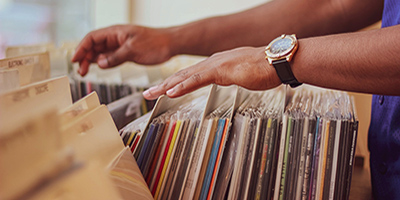Recording Data and Rights
The DDEX standards that enable music licensing companies to communicate with each other, and for communication between record companies, performers or their representatives are called the Recording Data and Rights Message Suite Standards (RDR).
The text of the Recording Data and Rights Message Suite Standards with detailed explanations and advise about how to go about an implementation is available on the Knowledge Base.
The collective term, music licensing companies, is applied to collective management organisations that represent rights for sound recordings and/or for performers, such as SoundExchange in the US, PPL in the UK or SCPP in France. The exchange of data between music licensing companies is necessary to meet the requirements of bilateral agreements between the music licensing companies that administer the rights of producers and performers across multiple territories. The exchange of data between music licensing companies and record companies, performers or their representatives is needed to provide repertoire information to the music licensing companies and for them to send revenue information back to reflect royalties being paid to the record companies and performers. In both cases this includes data about sound recordings, music videos and related sales data used within rights administration.
The following processes are or will be supported by the DDEX RDR Message Suite Standards:
- Record companies send information about sound recordings to a music licensing company using the Recording Data and Rights Notification Standard (RDR-N);
- Music licensing companies share repertoire information between each other also using the RDR-N;
- A standard will be added to the suite of standards that enables music licensing companies to exchange sales and revenue data between each other which will be called the Recording Data and Rights Revenue Reporting Standard (RDR-R);
- Similarly, the RDR-R standard once published will enable music licensing companies to send revenue information to the owners of the sound recordings, i.e. the labels; and
The choreographies, whereby RDR-N and RDR-R messages are exchanged between companies will be published as the Recording Data and Rights Choreography Standard (RDR-C), although a choreography already exists in the Music Licensing Companies Message Suite and Choreography Standard (Version 1.4).








